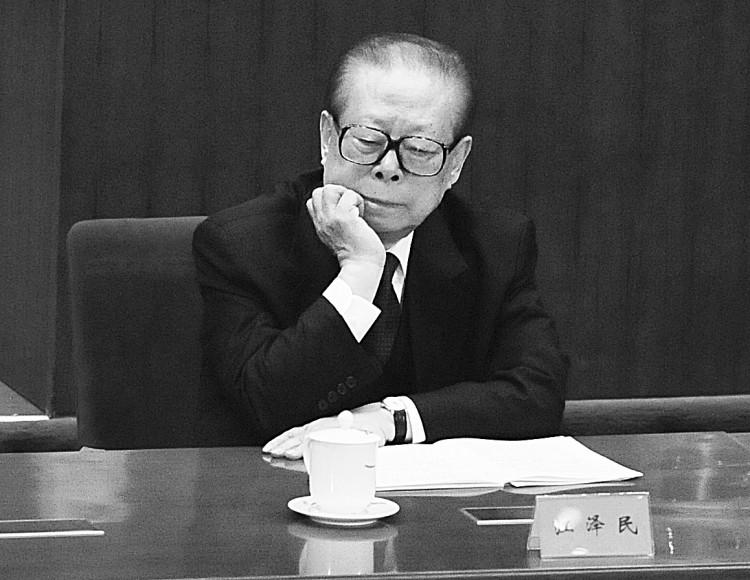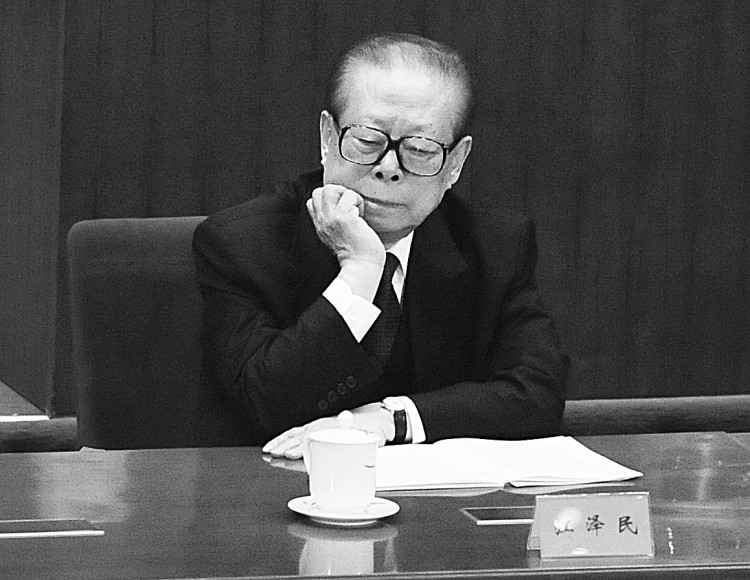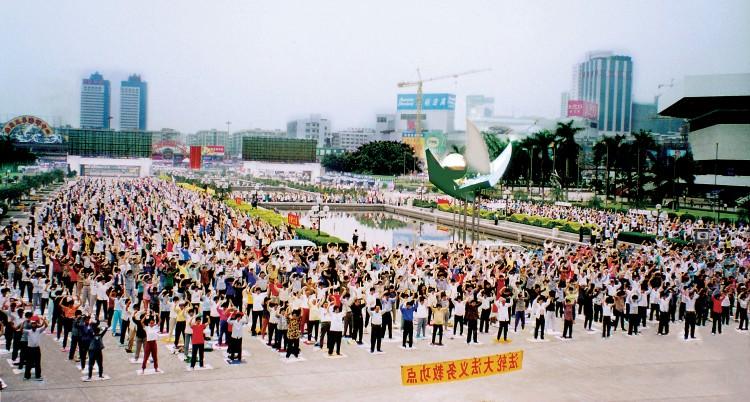People have wondered how China suddenly exploded with scandals—former political heavyweight Bo Xilai removed in disgrace, his wife accused of murder, and the powerful Zhou Yongkang stripped of authority and placed under investigation. In fact, these recent events are only the continuation of a drama that started 23 years ago. The drama’s climax is yet to come, but is not far off.
Paranoid Leader
In 1989, demands by Chinese students and ordinary people for democracy and freedom scared Deng Xiaoping, who was experimenting in moving China gradually in that direction on his own terms.
In the context of the student movement, the leaders he had picked to accomplish political reform then became a threat to his ultimate control of power. He had to remove them from office using the authority derived from his political legacy and control of the military.
First, Deng sacked Hu Yaobang, then the secretary-general of the Chinese Communist Party (CCP), who died soon after being betrayed by his longtime friends and allies.
Then, Zhao Ziyang, who succeeded Hu Yaobang as Party chief, had to go. Zhao was purged after he publically expressed his sympathy for the pro-democracy students who occupied Tiananmen Square. Zhao remained under house arrest until his death three years ago.






